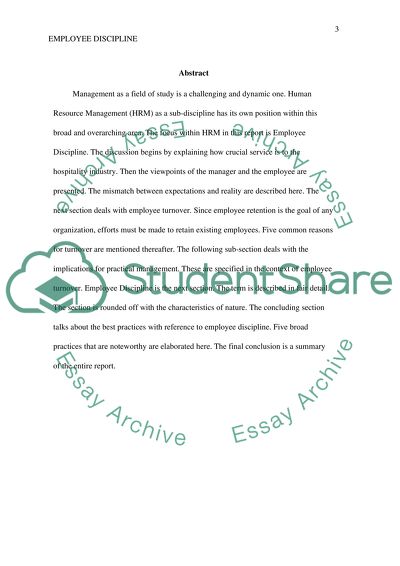Cite this document
(“Employee Discipline related to the Hospitality Industry Research Paper”, n.d.)
Retrieved from https://studentshare.org/human-resources/1631215-employee-discipline-related-to-the-hospitality-industry
Retrieved from https://studentshare.org/human-resources/1631215-employee-discipline-related-to-the-hospitality-industry
(Employee Discipline Related to the Hospitality Industry Research Paper)
https://studentshare.org/human-resources/1631215-employee-discipline-related-to-the-hospitality-industry.
https://studentshare.org/human-resources/1631215-employee-discipline-related-to-the-hospitality-industry.
“Employee Discipline Related to the Hospitality Industry Research Paper”, n.d. https://studentshare.org/human-resources/1631215-employee-discipline-related-to-the-hospitality-industry.


